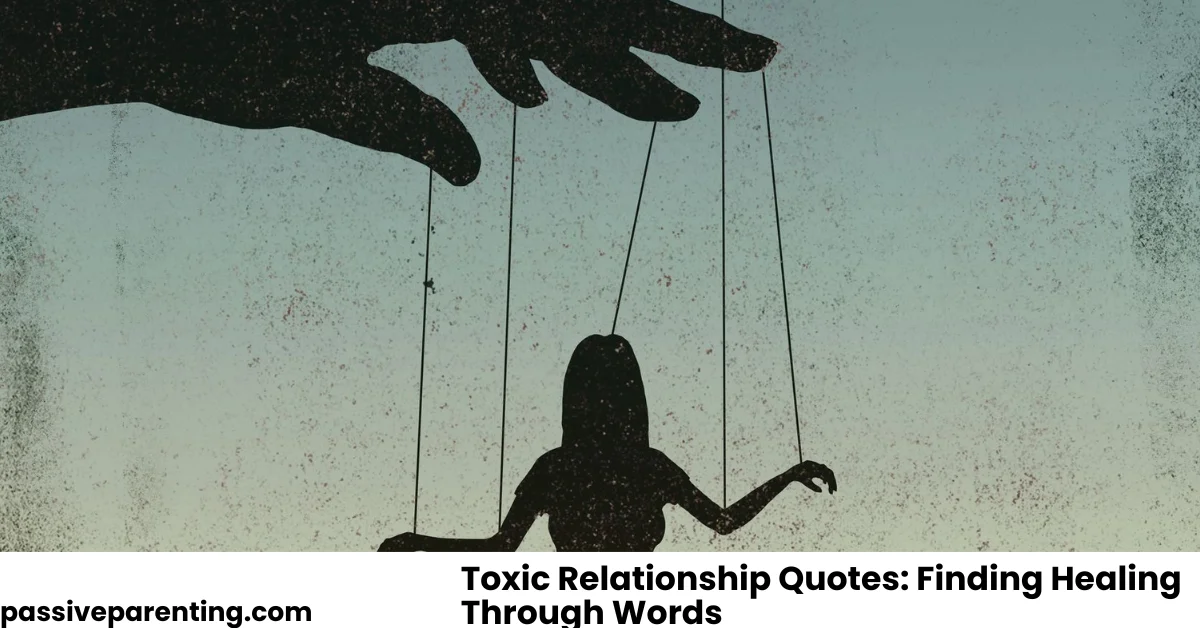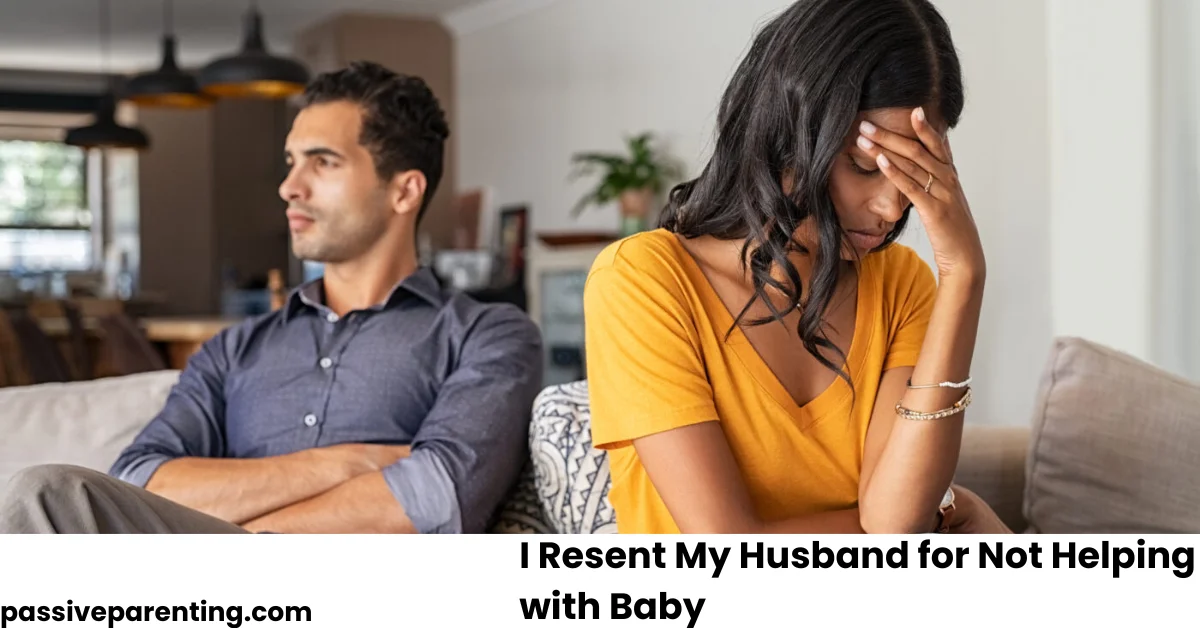Love is one of life’s most fascinating emotions; powerful, unpredictable, and deeply human. But one question continues to captivate everyone: how long does it take to fall in love?
Some people swear it happens in an instant, like a spark that lights up their heart the first time they meet someone. Others believe love grows slowly, built through shared experiences and emotional connection. Science and psychology suggest that while there’s no universal answer, there are patterns that reveal how love typically develops.
This article explores the science, stages, and emotional journey behind falling in love and what factors influence how quickly it happens.
The Science Behind Falling in Love
Before diving into timelines, it’s important to understand what actually happens when you fall in love. Love isn’t just an emotion, it’s a powerful chemical and psychological process.
When attraction begins, the brain releases a cocktail of dopamine, oxytocin, serotonin, and norepinephrine. These chemicals create excitement, pleasure, and connection, the same rush people feel when achieving something thrilling. Dopamine triggers happiness, oxytocin deepens bonding, and serotonin creates that lingering thought pattern of constantly thinking about someone.
This chemical surge is why early love feels so addictive. It’s also why we associate love with butterflies, racing hearts, and sleepless nights. But those feelings are just the beginning, true love requires time and emotional development.
Average Time It Takes to Fall in Love
So, how long does it take to fall in love on average? Research suggests it’s different for everyone, but patterns do exist.
For many people, emotional love begins to form after spending consistent, meaningful time together usually within a few weeks to a few months. Studies show that men, on average, say “I love you” after about three months, while women take around four to five months.
However, these averages depend on personality, communication, and the strength of the bond. Some people feel love rapidly when chemistry is strong; others need time to build trust and vulnerability before their emotions deepen.
The truth is, love doesn’t follow a stopwatch, it depends on how deeply two people connect, not how long they’ve known each other.
Factors That Influence How Fast You Fall in Love
Love’s timeline isn’t random. Several psychological and situational factors determine how long it takes to fall in love and why some fall faster than others.
1. Emotional Availability
If someone is open, healed, and ready for connection, love tends to bloom faster. On the other hand, people guarded by fear or past heartbreaks may take longer to trust and attach emotionally.
2. Frequency of Interaction
Time spent together plays a major role. Constant communication and shared experiences accelerate bonding. The more you interact, the more emotionally familiar someone becomes and emotional familiarity builds love.
3. Personality and Attachment Style
Secure and empathetic people often fall in love faster because they’re comfortable expressing feelings. Avoidant or anxious types might resist vulnerability or overthink, slowing down emotional development.
4. Chemistry and Physical Attraction
Attraction can spark interest immediately, but love takes that spark and turns it into something meaningful. Physical chemistry can act as a gateway to deeper connection, but it alone doesn’t sustain love.
5. Shared Values and Emotional Compatibility
Love grows quicker when two people align in values, goals, and emotional needs. Shared beliefs about life, communication, and affection foster connection that deepens faster and more naturally.
6. Timing and Circumstances
Sometimes love is about being ready at the same moment. When both people are emotionally available, love often develops quickly. But if one is distracted or healing, the process can take longer.
Can You Fall in Love Instantly?
The phrase “love at first sight” has been romanticized for centuries but can it really happen?
While many people describe feeling an instant connection, true love takes more than a glance. What most experience in that moment is instant attraction, a surge of dopamine and curiosity that makes someone feel magnetic. It’s a powerful feeling, but it’s not yet love.
Love, unlike attraction, involves knowing someone’s character, values, and heart. It grows through shared laughter, trust, and vulnerability not just physical or visual appeal. So yes, you can feel drawn to someone instantly, but falling in love still takes time, understanding, and emotional connection.
Stages of Falling in Love
Falling in love doesn’t happen all at once, it unfolds in emotional stages. Understanding them helps explain why everyone’s love timeline feels different.
1. Attraction
This is the spark, the moment someone catches your attention. You feel excitement, curiosity, and desire to know them better.
2. Infatuation
This stage feels thrilling. Your mind fixates on the person, imagining possibilities and idealizing their best traits. It’s full of adrenaline, but not yet stable.
3. Connection
Here, love starts to deepen. You share personal stories, fears, and dreams. Emotional intimacy replaces fantasy, and trust begins to grow.
4. Commitment
This stage transforms attraction into something solid. Both people choose each other, showing loyalty and consistency.
5. Deep Love
True love is mature and balanced. It combines passion, trust, and friendship. At this point, love becomes less about excitement and more about emotional safety, comfort, and shared growth.
These stages explain why how long it takes to fall in love varies, some stay in the infatuation phase longer, while others build connection faster.
Signs You’re Falling in Love
While the timeline may differ, the signs of falling in love are almost universal. If you notice several of these, chances are your emotions are growing stronger.
- You think about the person constantly, even during routine tasks.
- You feel happier and more energetic when they’re around.
- You prioritize their happiness and well-being.
- You start imagining a shared future or making long-term plans.
- You feel comfortable being vulnerable around them.
- You find yourself caring about their opinions and moods deeply.
When these feelings become consistent and mutual, that’s when attraction begins to shift into genuine love.
Why Love Takes Time
Love is both emotional and practical, and both parts require time. Emotional intimacy doesn’t form overnight; it’s built through experiences, conversations, and trust.
When two people share meaningful moments, both joyful and challenging, their connection strengthens. These shared experiences create emotional safety, which is essential for lasting love.
Falling in love too quickly can sometimes be based on fantasy or projection. Real love takes time because it’s grounded in understanding, patience, and emotional growth.
The most genuine relationships evolve naturally, not rushed, not forced.
How to Know If It’s Love or Infatuation
Distinguishing between true love and infatuation is key when figuring out how long it takes to fall in love.
- Infatuation feels fast, consuming, and idealistic. You might overlook flaws or focus solely on attraction.
- Love feels steady, calm, and emotionally balanced. It values understanding over perfection and grows stronger with time.
The difference lies in depth. Infatuation fades when reality sets in, but love continues to grow, even when things aren’t perfect.
If you still feel admiration, care, and respect long after the excitement settles, you’re experiencing real love.
What Science Says About the Timeline
Scientific studies suggest love often forms between three weeks to several months, depending on personality and interaction. Early attraction can happen in seconds, but emotional bonding takes longer.
Hormones like oxytocin (the bonding chemical) increase the more time two people spend together. Emotional trust, eye contact, and shared vulnerability strengthen that bond gradually.
So while the feeling of falling in love might seem sudden, the biological process behind it unfolds slowly, your brain and heart syncing over repeated positive experiences.
Can You Fall in Love Online?
In the digital age, many people form emotional connections virtually. It’s possible to fall in love through conversations, shared interests, and emotional openness, even without physical presence.
However, in-person interaction deepens love through physical cues like touch, scent, and body language. While online love can feel real, it often solidifies only when both people meet and experience each other fully.
Emotional love can begin through words, but physical connection completes it.
Why Everyone’s Love Timeline Is Different
There’s no universal “right time” to fall in love because everyone experiences emotion differently. For some, love feels like a wave, sudden and strong. For others, it’s a quiet river that flows steadily.
Personality, life stage, culture, and past experiences all influence your love pace. Someone who’s emotionally expressive might open up quickly, while a cautious person might need months to feel secure.
The important thing is not how fast love happens but how genuine, consistent, and mutual it feels once it does.
Emotional Readiness Matters
Timing plays a crucial role in how long it takes to fall in love. You can meet the right person at the wrong time and not fall in love simply because your heart isn’t ready.
Emotional readiness means being self-aware, healed, and open to connection. Love requires vulnerability, the courage to let someone truly see you. When you’re emotionally ready, love tends to form naturally and effortlessly.
Conclusion
So, how long does it take to fall in love? There’s no single answer. Love can grow over weeks, months, or even in unexpected moments. What matters is not the time it takes but the quality of connection shared between two people.
True love develops through understanding, vulnerability, and patience. It’s not measured in days or dates, it’s measured in emotional growth and the willingness to build something real together.
When it happens, you’ll know, not because a clock told you so, but because your heart, mind, and soul align perfectly with someone else’s. That’s when love truly begins.




